One for The Books: How Language Classes Affect Reading Appreciation
Both reading as a hobby and reading for school assignments can lift students to higher literary levels.
October 29, 2021
I remember the enthusiasm associated with summer afternoon trips to the library, canvas bag and shiny library card in hand. The times I spent wandering through the colorful aisles of books and stories, taking time to open each one; I found it interesting to read a small beckoning of the story encapsulated within it. These are the memories I had of reading for fun, an unregimented and a frivolous activity.
Since high school began, the time I’ve spent hobby reading has decreased, and I have instead been engorged in my scholarly activities, spending hours toiling away for a good grade. Replacing my choice stories were class-mandated books that I worked hard to understand, like any other book I had read. I knew the hidden rules of a book’s literary lessons, how to turn it inside out and appreciate it for the truth of its curated words and collected experiences. The sudden switch from doing something I appreciated in seclusion to being thrust into a public display of intellect was a memorable shift, and I honestly can’t say that the way I approach hobby reading now is the same as when I was a carefree, easily-captivated 11-year-old.
Along with the preselected books and literary works assigned to students, academic reading includes multiple supplemental essays, lectures on literary elements, character studies and delving into the personal and environmental philosophies that these books create. Some hobby readers become overwhelmed with how many tasks they have to fulfill, and some shy away from the lectures and the weighty assignments they are assigned. Few others find the new strategies and angles offered by their classes to be refreshing and thought-provoking.
Hobby reading has also become a less popular pastime due to the wider variety of appealing activities to audiences. Watching movies, TV shows and scrolling through social media have become staples in today’s entertainment and leisure time. With this new shift of more digital entertainment at the hands of youth comes a decline in the number of hands perusing and poring over pages of books for fun. This drop in popularity could be attributed in part to newer generations growing up with increasing access to digital domains, which could be evidenced by “compositional effects”.
My great inquiry is on the differences between hobby and academic reading and their personal impacts on students. I spoke to three high school students: Ashley Newman ‘22 from Foothill Technology High School (Foothill Tech), Samantha Medina ‘23 and Dylan Davis-Boccali ‘24 from Rio Mesa High School (Rio Mesa), asking about their experiences as students and readers.
Newman reflects on how learning about literary elements and characters in academic reading has helped her to appreciate other forms of creative media, like music, and the roles of those around her in her life, saying, “it shows me how important music can be in our lives and how it can change our views of the world as well as literary works. I’ve related to so many literary characters before, and seeing yourself in a book or seeing your friends in a book helps your self image throughout high school.”
Medina offers insight into how socializing with others has affected her reading choices, “I feel like the more I talk to people, the more I develop new interests. For example, before I wasn’t into mystery novels, but one of my friends was talking to me about it and they got me into it. [It] just gives new introductions to new interests.”
Davis-Boccali recalls an experience from his middle school language arts class and the assigned reading of the captivating diary of Anne Frank. When asked about the kind of reading that had the most profound impact on his life, he replied, “I feel like academic reading impacted me more, an example of that being reading ‘The Diary of Anne Frank’. It just gives you a different perspective on life.” Exploring the lives, experiences and mentalities of others is a vital part of any kind of reading, whether it be academic or simply recreational.
Whether one prefers hobby or academic reading, many changes are being made to the ways in which we interact with literature today. Like Newman and Medina, some manifest their appreciation for literature in other disciplines and interests, such as music and differing genres of entertainment. We explore the lives of others via literature, experiencing new perspectives and learning new lessons through their eyes, words and thoughts. Although it may seem a less revered pastime in our generation, we still find ways to incorporate it into our daily lives even without the time spent turning pages.

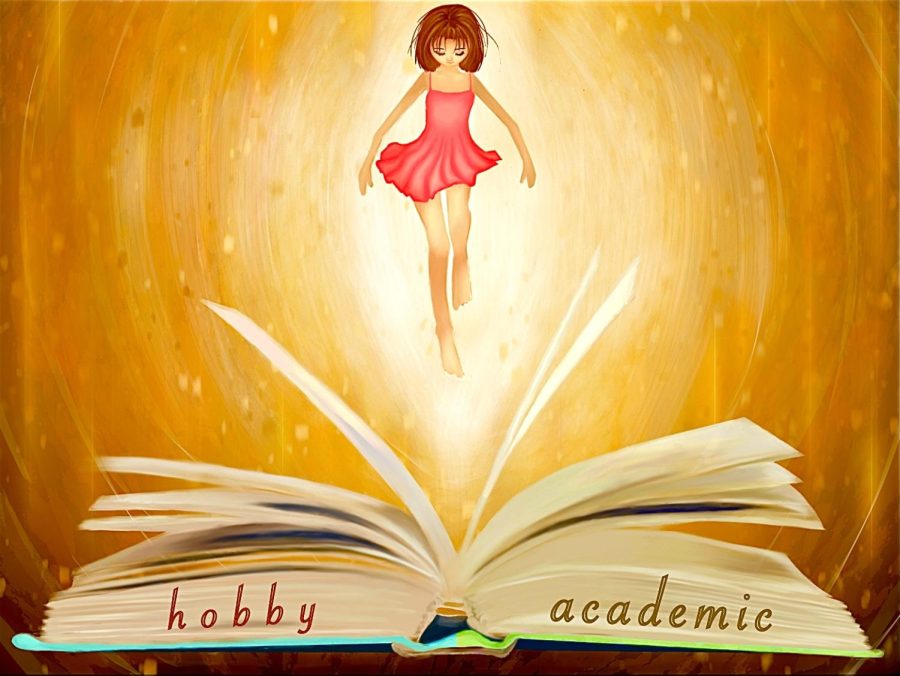

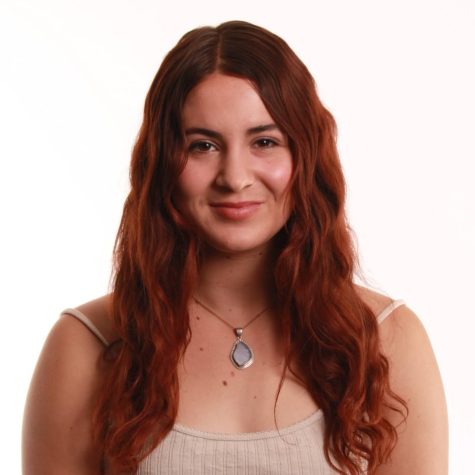



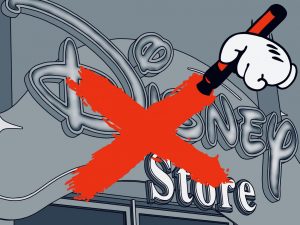
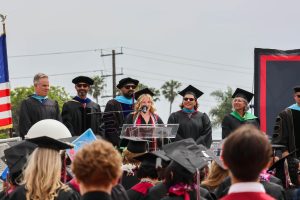
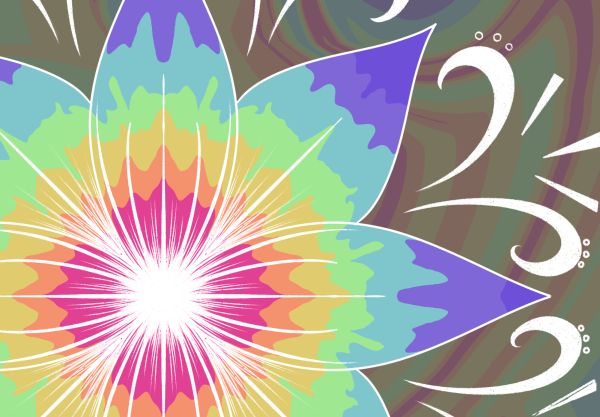
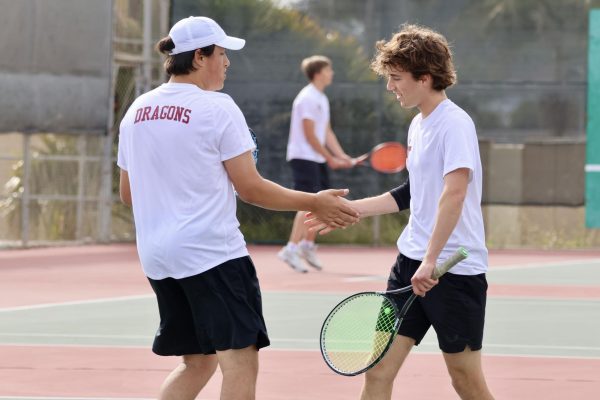
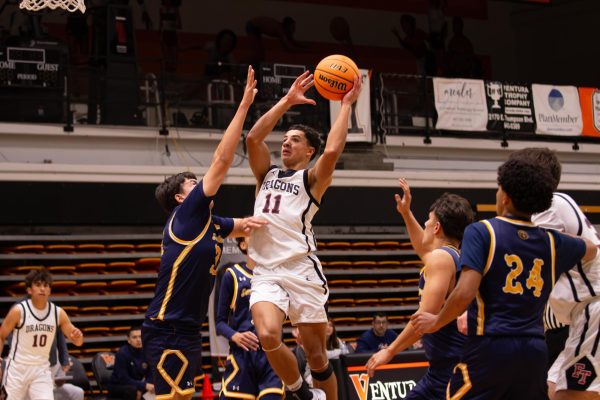
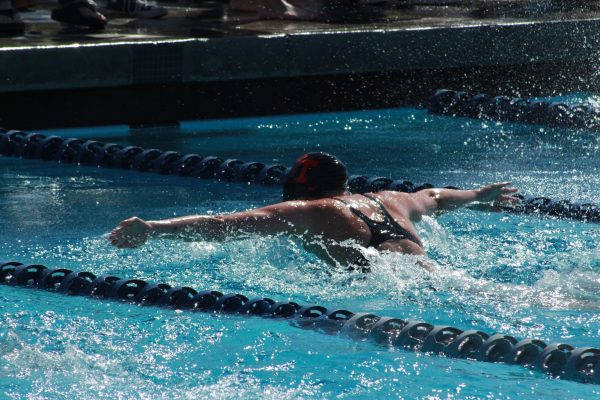
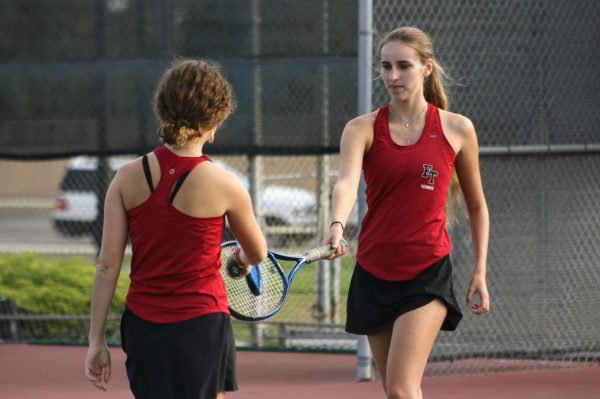
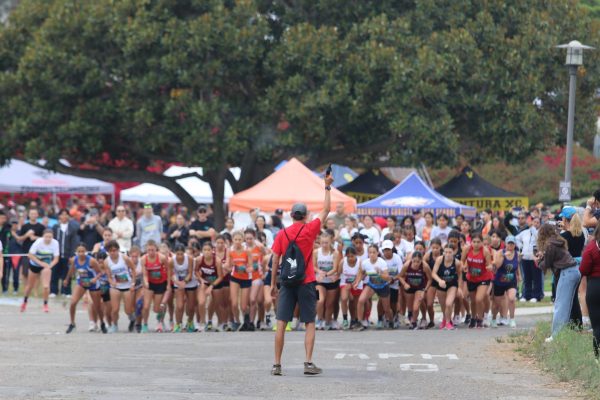

Ashley Newman • Oct 31, 2021 at 5:54 pm
Amazing as always Lily!!